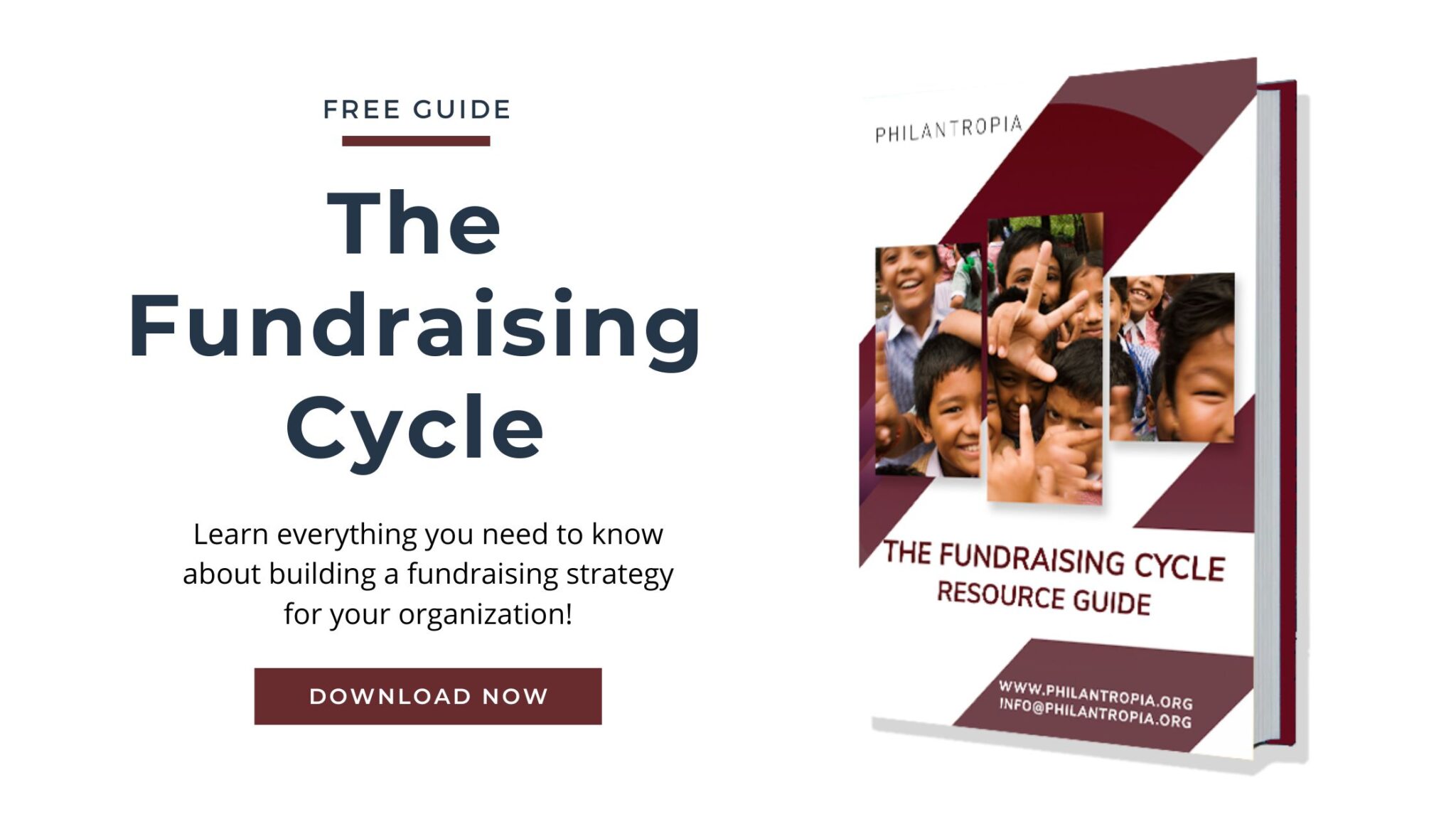Superheroes in stories can handle any challenge no matter how large. Unfortunately, single-handedly solving all the world’s problems is not possible for the rest of us; we need partners, team members, resources, and the assistance of others. Good donors understand this need and are highly suspicious when any proposal claims to do otherwise.
While it is important to emphasize the impact of your work, be realistic and do not claim that one project will solve all troubles in a community. These issues are vast and complex; claiming a solution to all of them is not realistic and greatly oversimplifies the issues. Donors who see these types of proposals will either assume you are making it up or are very inexperienced.
Another pitfall in this syndrome is overstating the impact you can create with limited resources. Good donors do not look for cheap programs, but rather value for money. Your budgets need to be realistic and factor in all costs. Even in the case where the donors do not want to fund overhead expenses, it is typically best practice to show in your budget what overhead expenses you have and how they will be covered. This both helps the donor have a clearer understanding of what your project involves, and also helps you show your capacity to effectively manage larger resources.
Not including this information can give the donors the impression that you do not have any systems in place and that you do not understand the basic requirements of running an effective program.




